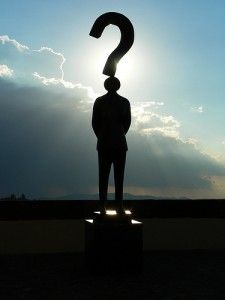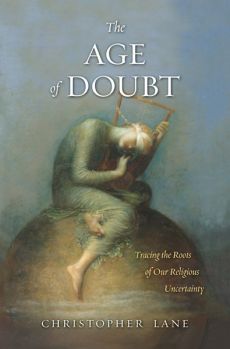Education
The Roots of Our Religious Uncertainty
How doubt inspires creativity in the place of dogma and rote learning.
Posted April 13, 2011

I grew up in London at a time when it was technically illegal for theaters to open on Sundays. Not all of them obeyed the law; "Sunday societies" began flouting it as early as the 1920s, when reforms began to chip away at its broad powers. But I was born in 1966, not the 1920s, and the law responsible for closing most theaters—the amazingly named "Act for Preventing Certain Abuses and Profanations on the Lord's Day, Called Sunday," formally adopted in 1781—wasn't fully repealed until 1972. That year, at long last, the Sunday Entertainment Act blew open the doors of the West End and theaters nationally, expanding a theater scene that is now justly considered the envy of the world.
Today, it seems incredible to recall that for more than a century-and-a-half, while Britain was industrializing and undergoing numerous democratic reforms, the 1781 Act was responsible for closing each Sunday not only the nation's theaters, but also its libraries, museums, zoos, public gardens, and of course its shops. In The Literature of the Sabbath Question, Victorian author Robert Cox noted wryly in 1865 that the law was widely perceived as a "barrier" to public learning and relaxation, as well as one that "prevents the admission of the public on Sundays to the Crystal Palace at Sydenham."
Wryness wasn't the only Victorian response to the law. In his famous treatise On Liberty (1859), John Stuart Mill noted that zealots were citing the 1781 law in "repeated attempts to stop railway traveling on Sundays." He called such obstructions a type of "religious bigot[ry]"—a form of harassment against doubters, freethinkers, and unbelievers. Such acts stemmed, he wrote, from "the notion that it is one man's duty that another should be religious, . . . a belief that God not only abominates the act of the misbeliever, but will not leave us guiltless if we leave him unmolested."
For more of this article, click on over to Yale Book News, where it continues.
christopherlane.org Follow me on Twitter: @christophlane



